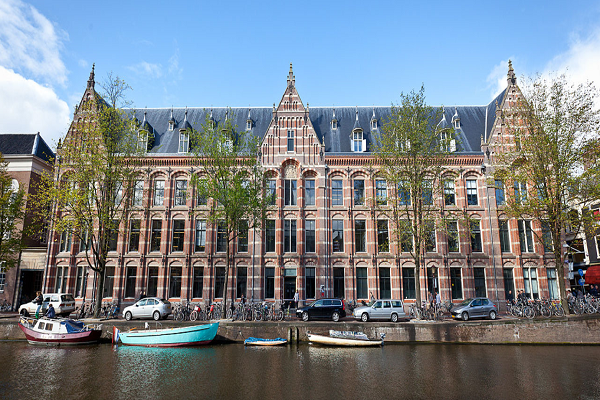University of Amsterdam begins research programme on equity and inclusion in academia
UvA researchers Seval Gündemir (Work and organisational psychology) and Olga Sooudi (Anthropology) will conduct research on an inclusive academic culture: Gündemir on differences in perspectives and Sooudi on breaking with ‘uniformity’. The two projects are part of a new research programme on equity and inclusion in academia, funded by the Netherlands Organisation for Scientific Research (NWO).
NWO is investing 1.3 million euros in a new research programme that promotes a culture change on equity and inclusion in academia. With the research programme ‘Advancing Equity in Academia through Innovation’, NWO wants to contribute to a more inclusive culture, where everyone is valued, regardless of background.
The four research projects now underway will develop, implement and study interventions in academia to promote diversity and inclusion. The projects focus on effective perspective integration, a co-creation platform to share expertise and knowledge, breaking through sameness and implementing inclusive quotas.
Awarded projects to UvA researchers
Seval Gündemir
Changing perspectives: Evidence-based perspectives on integration intervention strategies to make academic institutions more inclusive (Dr S. Gündemir (UvA) and consortium members from EUR, VU)
An inclusive academic culture is essential to attract and retain diverse talent and to provide an environment where all individuals can flourish. Achieving an inclusive academic culture requires attention to different perspectives, and these differences should be taken into account in decision-making processes and everyday interactions. This project explores the key ingredients of effective perspective integration to promote inclusion in academia.
When organisations talk about equality, diversity and inclusion, they mainly focus on helping minority groups. But what about the norm group? This project examines what individuals and organisations do to maintain the norm, or ‘sameness’ (uniformity), by perpetuating privilege on the one hand and reproducing marginalisation on the other. The research will take place in different academic and professional settings where ‘professionalism’ is taught: in classrooms, middle management and the medical profession. It will reveal imagined similarities in values, attitudes and approaches to professionalism and develop concrete methods to break through them – to create more equal and inclusive Dutch universities.

